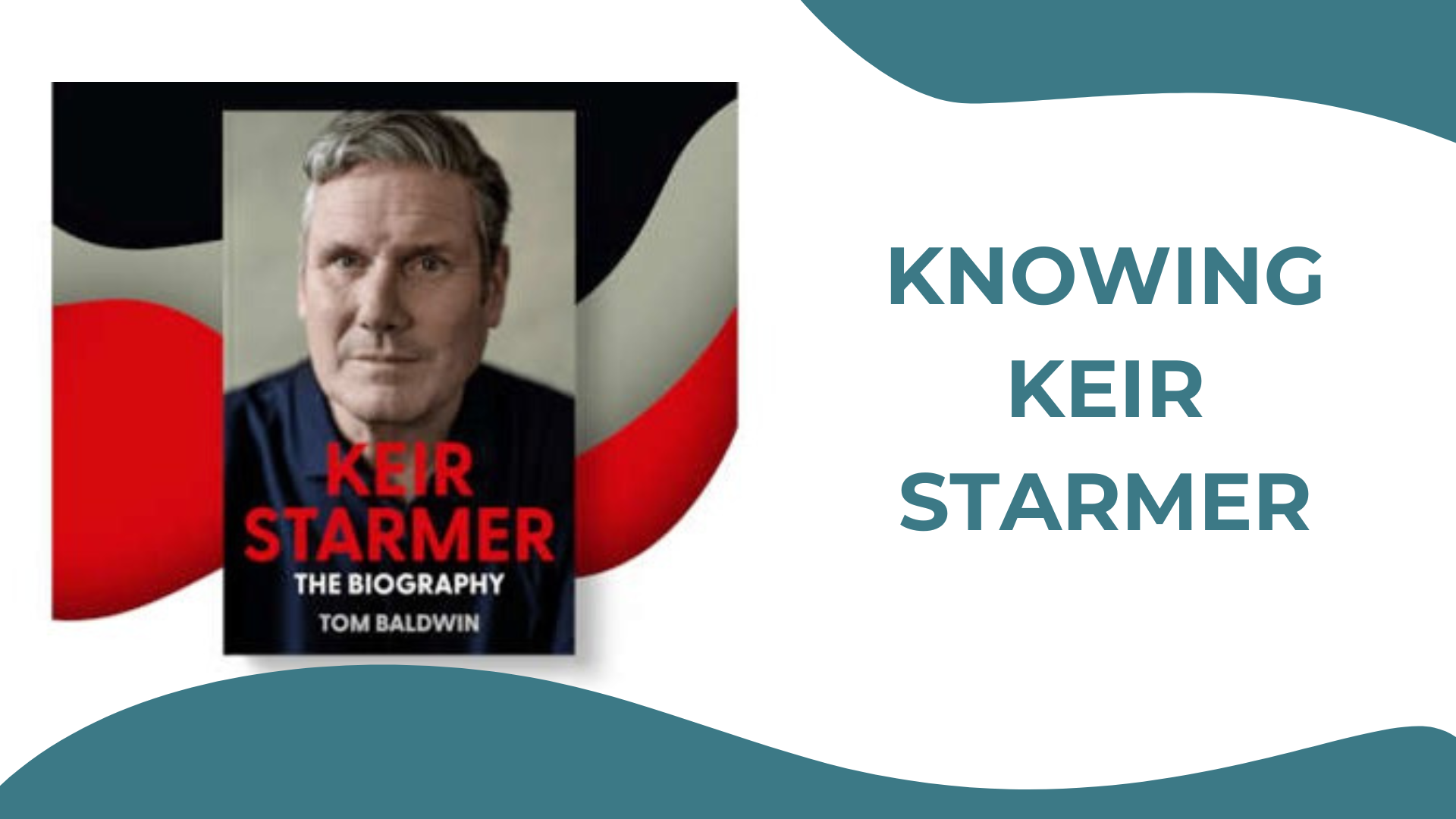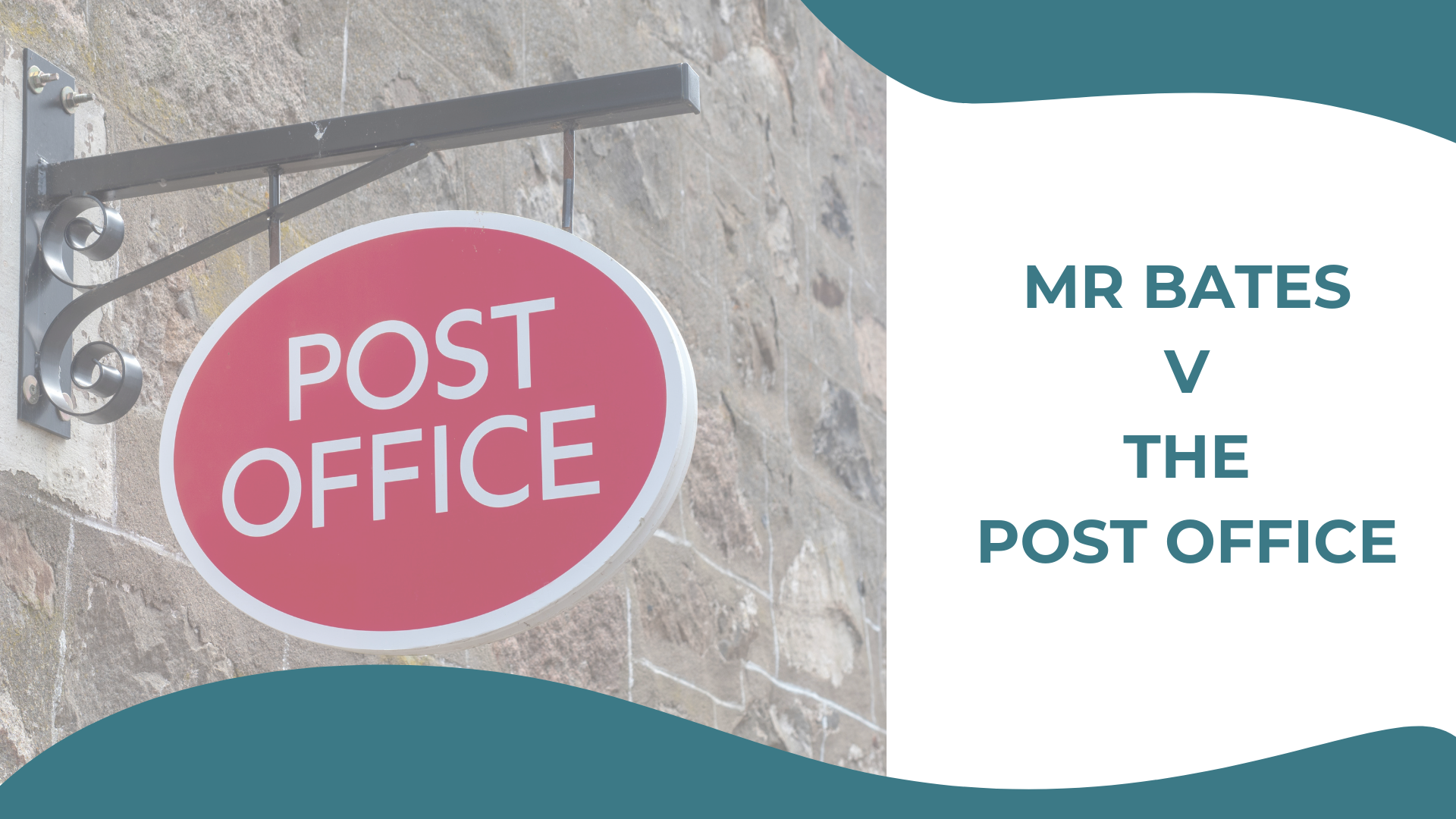Imagine you are in 2023 and are able to look back at this time. What kind of leadership would you like to be remembered for?
This is a watershed moment for leaders in organisations. Whether you are in a formal executive leadership role or lead from whatever place you find yourself in organisationally, we find ourselves in the midst of a storm. Many organisations face an existential threat and the dark spectre of major cost cutting and redundancies prowls the empty spaces of our workplaces.
Yet many organisations have had a ‘good’ pandemic. There has been a rediscovery that organisations are all about people. There have been powerful stories of how a sense of humanity has resurfaced in relationships at work. We may be in different boats in the same storm, but crisis has held us together. Engagement has been strong, communication robust and morale high.
As we move into a new phase of ‘recovery’ leaders are now dealing with huge tensions. We want to hold onto the positives people have experienced these past few months. We need to face into the economic realities faced by our organisation. We need to accept that we are in a period of emergence and uncertainty, with no easy or clear answers.
As we build our bridge to the future, what kind of leadership will help?
In this series of three mailings, we’ll be exploring three facets of leadership for such a time as this.
The first facet is to accept that we don’t know all the answers or how things will pan out.
In a recent Harvard Business Review discussion about what the next normal will look like, Kevin Sneader, the global managing partner of McKinsey, said ‘I want to be an optimist, but there are things we don’t know and things that may or may not happen’. Not knowing is tough for leaders – especially if we think that we are being paid to know things – but uncertainty and unchartered waters demonstrate powerfully the limits of experience. So facing up to the reality that we don’t know, and helping others to accept that we don’t know, is step 1.
Other steps that can be taken to lead when we don’t know are:
- Focus on purpose: Leaders can rally people around the purpose of the organisation even in the midst of chaos. A focus on purpose provides a touchstone to guide thinking and decisions.
- Clarify priorities: Leaders must help people focus their time on what’s important. In times such as these everything can’t be a priority. So what’s going to make the biggest difference to customers, long-term sustainability and current day performance?
- Include people: If no single person can see the whole picture of what’s going on. Together we can piece together a richer picture and build a deeper understanding of what we know or don’t know. Being transparent and candid, sharing the challenge with others in the organisation, inviting them in and creating a dialogue to discover how best to move forward are all powerful ways to engage people to journey through the uncertainty together.
- Be adaptable: This is no time for fixed and rigid plans. Things are changing daily. Leaders need to keep exploring what’s happening externally, with customers and communities and how this translates into organisational action. In the same way that many rules and routines were swept aside when lockdown started, now is the time to keep learning to stay agile, flexible and adaptable.
Here are some questions to consider:
- What actions are you taking to include others in addressing the tricky challenges you are facing as an organisation?
- What’s your rallying cry to mobilise people around purpose and priorities?
- What are you and your colleagues doing to take time out to engage in collective sense making?
Part two of this series on Leadership Bridges to the Future will explore the second facet of leadership – using both the microscope and telescope.




